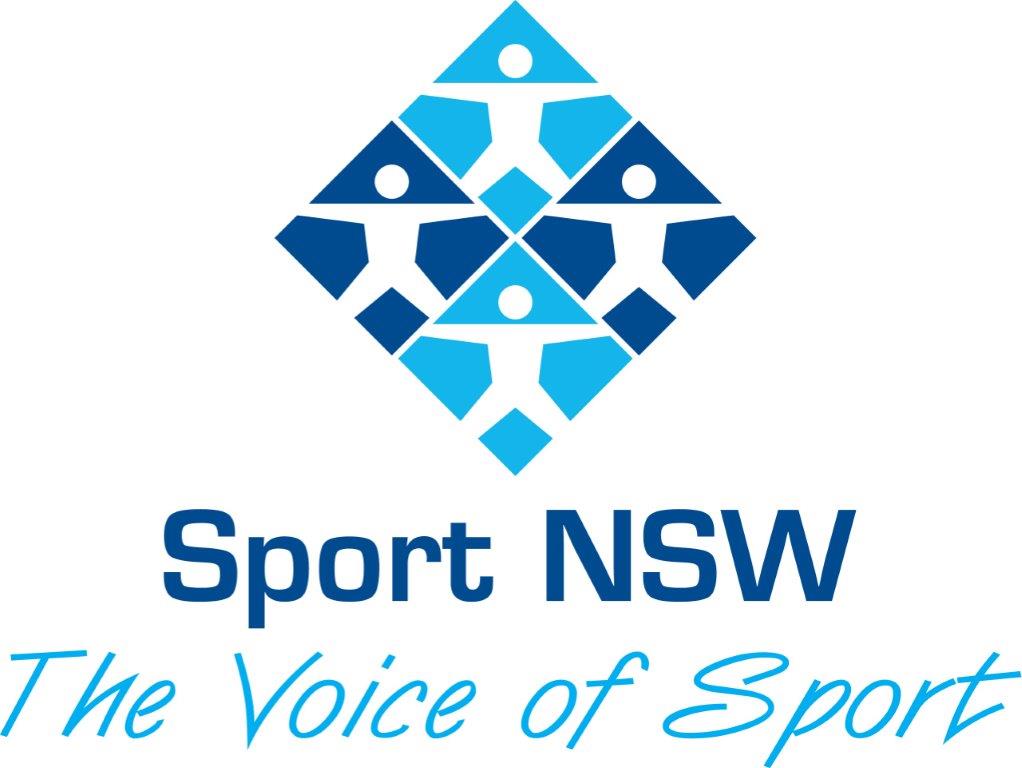Culture within a sport organisation is not purely a set of boundaries that provide a picture of what is acceptable behaviour for employees and what defines ideal behaviour. It exists as those underlying channels by which organisational values are built from strategy, evolved out of debate and conflict, measured against failure and success and embraced with emotional meaning by all.
No different to a successful sporting club or team, this invisible force of ‘culture’ can engage a workforce to achieve great things and drive momentum towards accomplishing end goals.
As a specialist sector recruitment company, many successful sport leaders tell us one of the significant fundamentals in achieving better business performance is retaining great people. Retaining and successfully continuing to engage people seems to be consistent with those same organisations that spend significant time on creating ‘positive culture’. The same organisations working incessantly on strategies to engage and retain their workforce also comprise of employees who tell us they ‘love where they work and what they do’.
So take a moment to ask yourself these questions:
Where is your organisation culture now, and where do you want it to be? Do you invest enough time and money in ways to help employees engage better and understand your organisation values? How often do you encourage employees to share their ideas and use their extraordinary talent to make a difference?
Here are our thoughts on moving talk to action when it comes to business culture.
- Acknowledge and create clarity – People working within sport come from varied backgrounds. Don’t assume everyone brings or has the same values. Ensure clear and defined organisational values are known and championed across your organisation
- Create a multifaceted approach – Finding and retaining champions of positive culture in the right places throughout ‘all levels’ of your organisation will ensure people hear, see and watch those who wholeheartedly embrace your values, set the example and grow the thinking of others. Reward them well for doing so.
- Communicate the old fashioned way – Have meaningful dialogue with your workforce to demonstrate you actually care about the culture and understand their wants and needs. Communicate ‘in person’ regularly, speak plainly, practice listening, learn and interact together. This may be a simple activity at the end of meetings or a sharing of new ideas.
- Build awareness of how peoples work affects results – give those who work for you a sense of ownership over business imperatives and key issues. Change your organisational thinking to a new approach – cultivate wisdom to grow people’s capabilities. Use strategies which bring acknowledgement and recognition for effort and work performance as a source of difference.
- Be strategic and proactive in approach – Culture strategies need to be strategic to shape and manage change. Implementing grander marketing, smarter technology and providing more dollars may improve staff spirits, but strategically having the right leaders with the right structure is by far the more critical.
- Plan, prepare and recruit well – What highly engaged ambassadors will be needed to take the business forward in the future? Before recruiting, gain common agreement from others in your workplace on what is expected from a role and which attributes, attitudes and skills are most important. Appointing using the ‘who you know in sport’ approach will not necessarily yield the best result and may even have a negative impact on existing workplace culture.
Building culture requires a common sense approach to understanding your workforce and how they connect with clever design of structures, systems and conditions to capitalise on the potential of both individuals and a workforce team as a whole.
In essence, putting the talk into action when it comes to business culture is not much different to optimising the spirit of a group of talented athletes to become a highly successful sports team!
RH – Sportspeople Recruitment
First Published 2018





